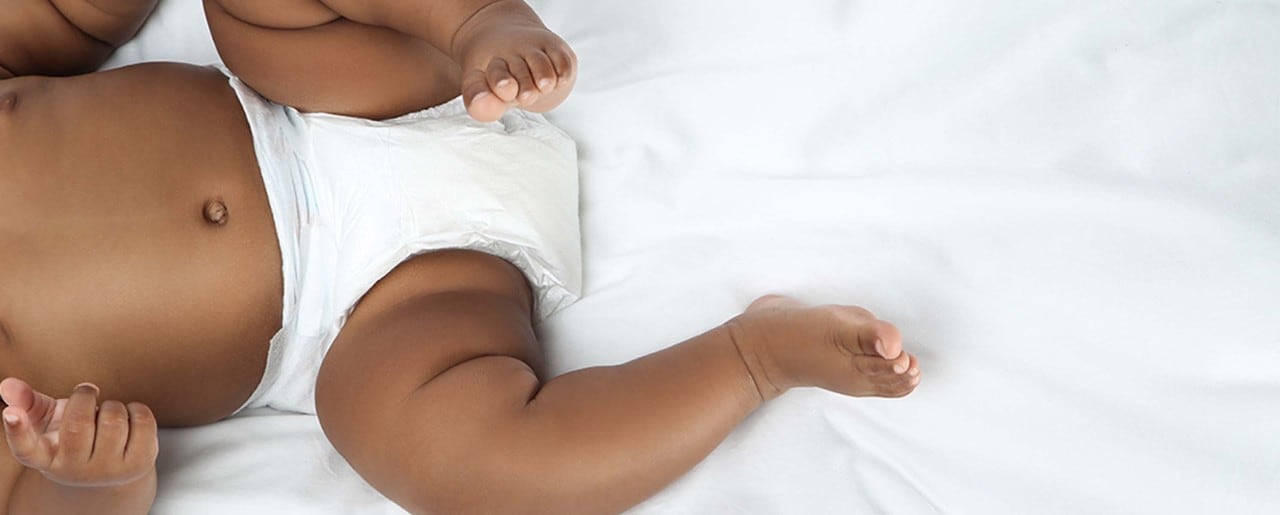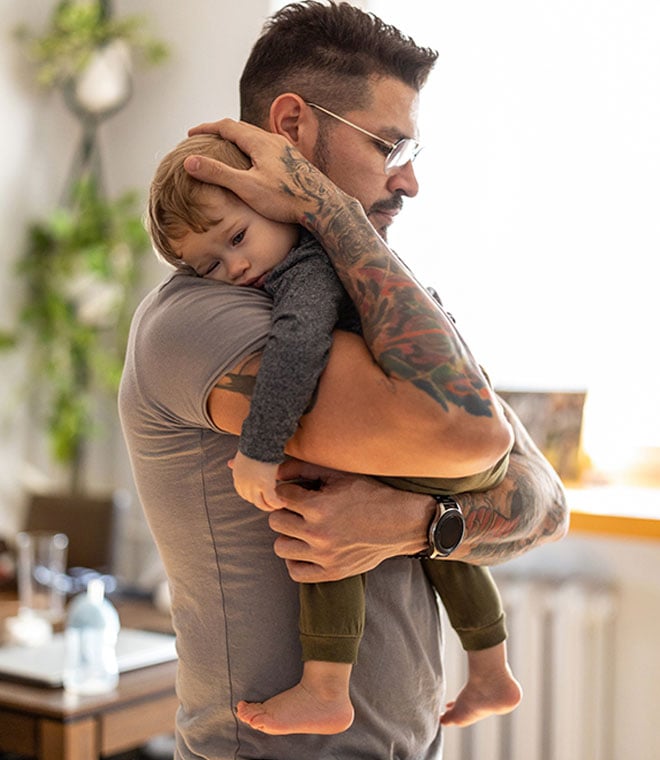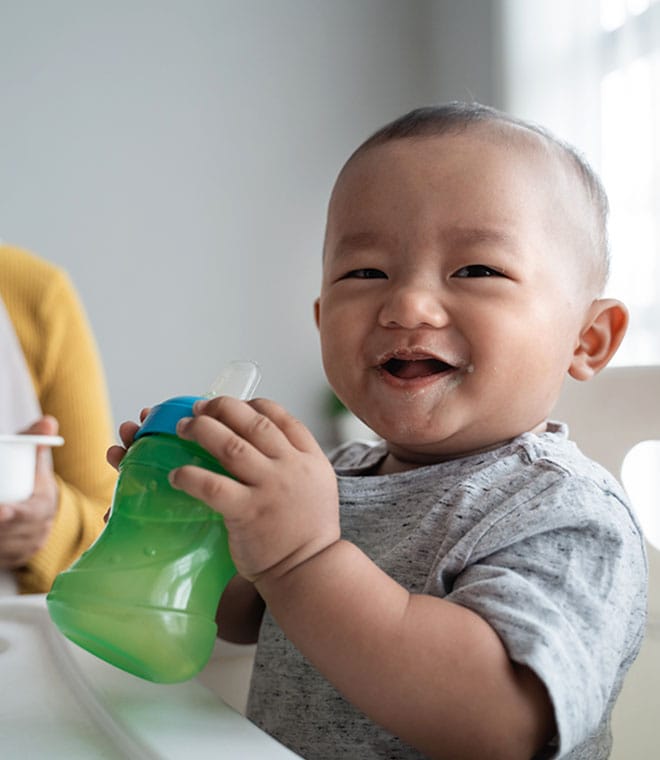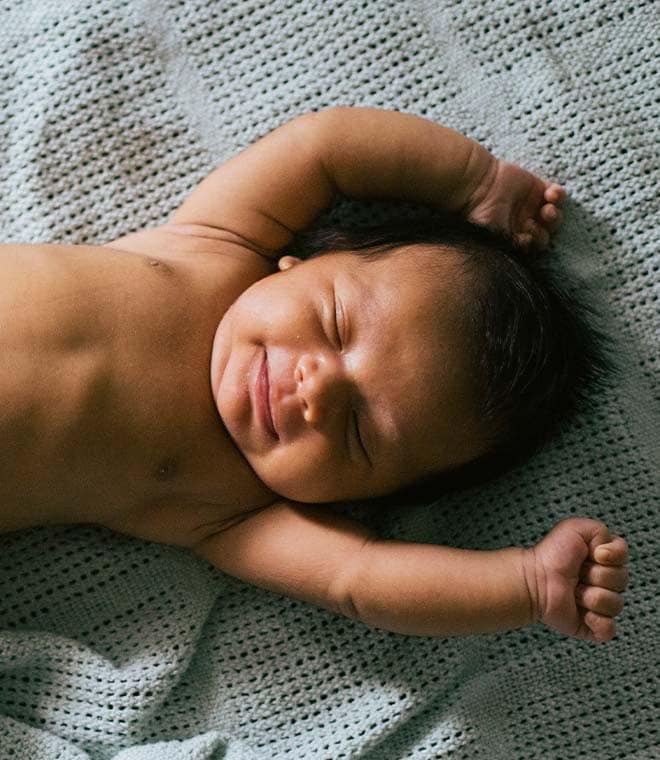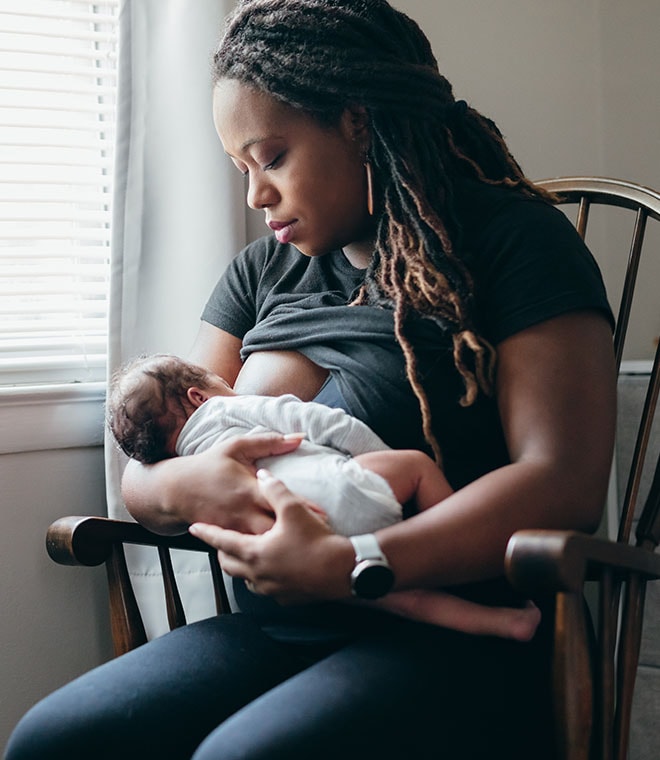Health
What are some remedies for diarrhea in babies?
By Benjamin Renelus, MD, Gastroenterologist Jan 08, 2024 • 4 min
Loose stools are common in babies, but when your child has a sudden increase in the looseness and/or frequency of their stools, they may be experiencing diarrhea. In most cases, diarrhea in babies is caused by a viral infection, starting a new medication or changes in diet, and it resolves on its own. In the meantime, there are some things you can do to address diarrhea and accompanying symptoms so that your child can feel better.
1. Increase feeding frequency
The biggest complication of diarrhea in babies is dehydration. Providing your baby with plenty of fluids can help reduce this risk. Whether you’re breastfeeding or giving your baby formula, increase daily feedings, giving your child as much as they will take each time.
Continue to prepare formula the way you normally do. Adding extra water isn’t necessary.
2. Choose gentle, solid foods
If you’ve already introduced solids, you can continue to give them to your child provided that you select foods that are gentle to the stomach and easy to digest, such as:
- Bananas
- Cereal
- Crackers
- Mashed potatoes
- Pasta
- Toast
Avoid broths, fruit juices and other sugary drinks.
3. Protect the diaper area
Babies sometimes develop diaper rash when they have diarrhea. To lower the likelihood of irritation, follow these tips:
- Change dirty diapers as soon as you can
- Clean your baby’s bottom with a wet cloth rather than wipes
- Let the diaper area air dry completely before putting on a clean diaper
- Apply a diaper cream during each change
Wash your hands each time you change your child’s diaper to help prevent the spread of infections.
4. Ask your healthcare provider about over-the-counter medications
Anti-diarrheal medications available over the counter typically aren’t given to babies. However, if your child has a fever from an infection, your healthcare provider may say it’s OK for you to give them an over-the-counter pain reliever and fever reducer.
5. Offer an oral rehydration solution as needed
In some cases, your healthcare provider may recommend giving your child an oral rehydration solution, like Pedialyte. These products contain electrolytes and can lower the risk of dehydration. They’re available over the counter in the form of liquid, powder and ice pops.
When is diarrhea in babies a cause for concern?
In most cases, your baby’s diarrhea will resolve on its own in a few days. If your baby is younger than 3 months, contact your healthcare provider at the first sign of diarrhea. Otherwise, let your healthcare provider know if:
- Your baby exhibits symptoms of dehydration, which include a dry or sticky mouth, a lack of tears when crying, no wet diaper for six hours or a sunken soft spot
- Your baby passes more than eight stools in eight hours
- Stool contains pus, mucus or blood
- Your baby is much less active than normal
- Fever and diarrhea persist for more than two or three days
Updated January 2024.
Sources:
- https://www.seattlechildrens.org/conditions/a-z/diarrhea-0-12-months/
- https://www.stlouischildrens.org/health-resources/symptom-checker/diarrhea
- https://www.healthychildren.org/English/ages-stages/baby/diapers-clothing/Pages/Diarrhea-in-Babies.aspx
- https://medlineplus.gov/ency/patientinstructions/000691.htm
- https://www.nationwidechildrens.org/conditions/diarrhea
